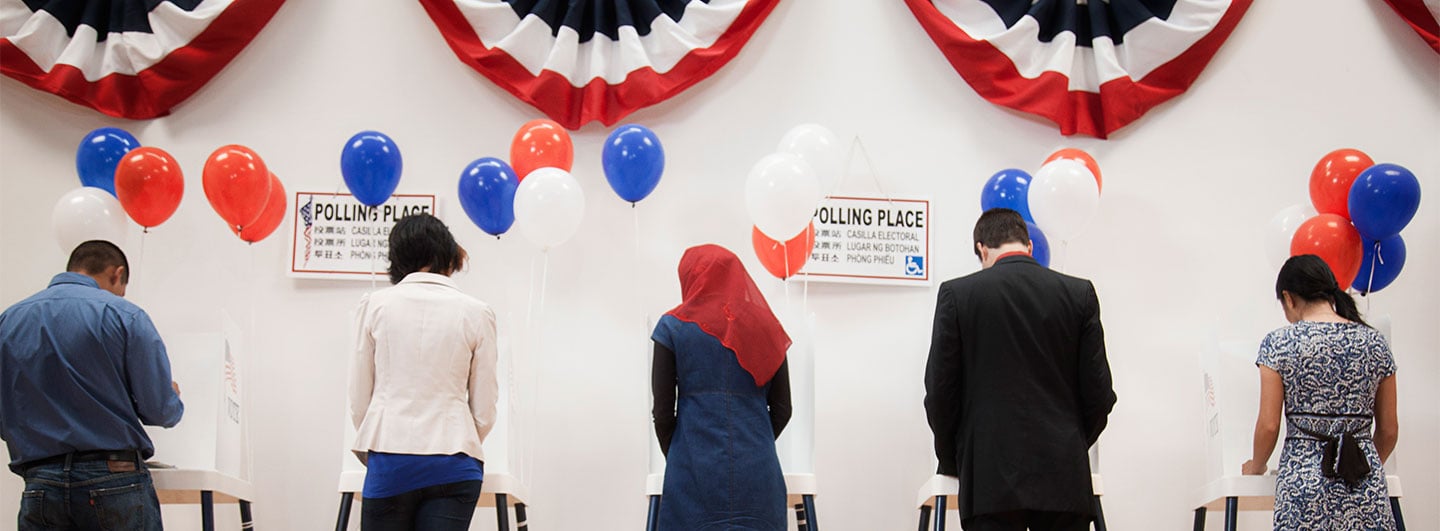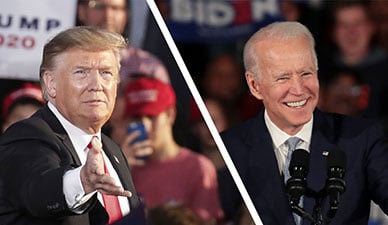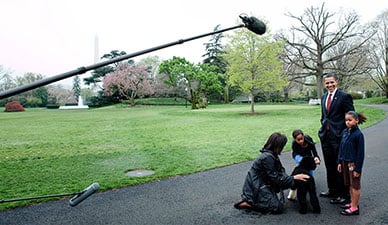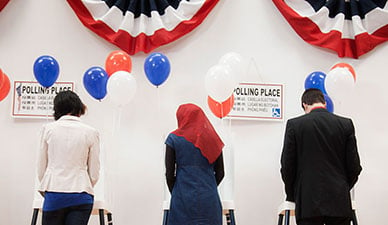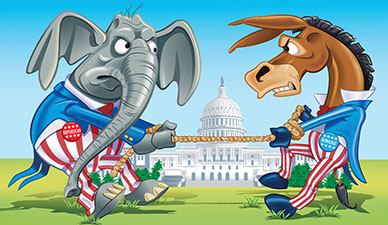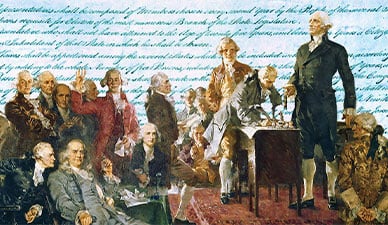You’re probably hearing a lot of people talk about who they’ll vote for on Election Day. But chances are, millions of Americans will decide not to vote. In 2016, only about 60 percent of the people who could have voted for president actually did.
Many people say that’s a problem. Our elected leaders are supposed to represent the interests of all Americans. But that can’t happen if so many citizens don’t vote. One solution is to make voting mandatory, or required, in the United States. That has worked in Australia. Its voter turnout is about 90 percent in most elections. Australians who fail to vote have to pay a fine of $20.
Not everyone is ready to vote “yes” for mandatory voting, however. Many people argue that requiring Americans to vote won’t guarantee that the best candidates get elected. They say people who don’t want to vote are less likely to learn about the candidates and their views.
Here’s what two students think about mandatory voting.
Only about 60 percent of eligible voters—roughly 139 million Americans—cast ballots in the 2016 presidential election, including just 46 percent of 18- to 29-year-olds. While 53 percent of the voting-age population voted in the 2018 midterm elections—a record high for midterm turnout—millions of eligible voters still stayed home on Election Day.
That’s a major problem, says Barry C. Burden, a professor of political science at the University of Wisconsin-Madison.
“Voting is how politicians hear from their constituents,” he explains. “If only [about 50 percent] of people are participating, it means politicians will be listening more to some people than others.”
Many people say that requiring citizens to vote would let more Americans’ voices be heard. (Voting is currently compulsory, or mandatory, in about 25 countries, including Argentina, Australia, Belgium, and Peru.) Plus, supporters of that idea say, voting is one of our civic responsibilities.
But other people argue that forcing citizens to cast ballots would be un-American. They say that a better way to address low voter turnout would be to make it easier for people to register to vote or have Election Day on a weekend instead of a Tuesday.
Should voting be mandatory in the United States? Here’s what two teens have to say.
